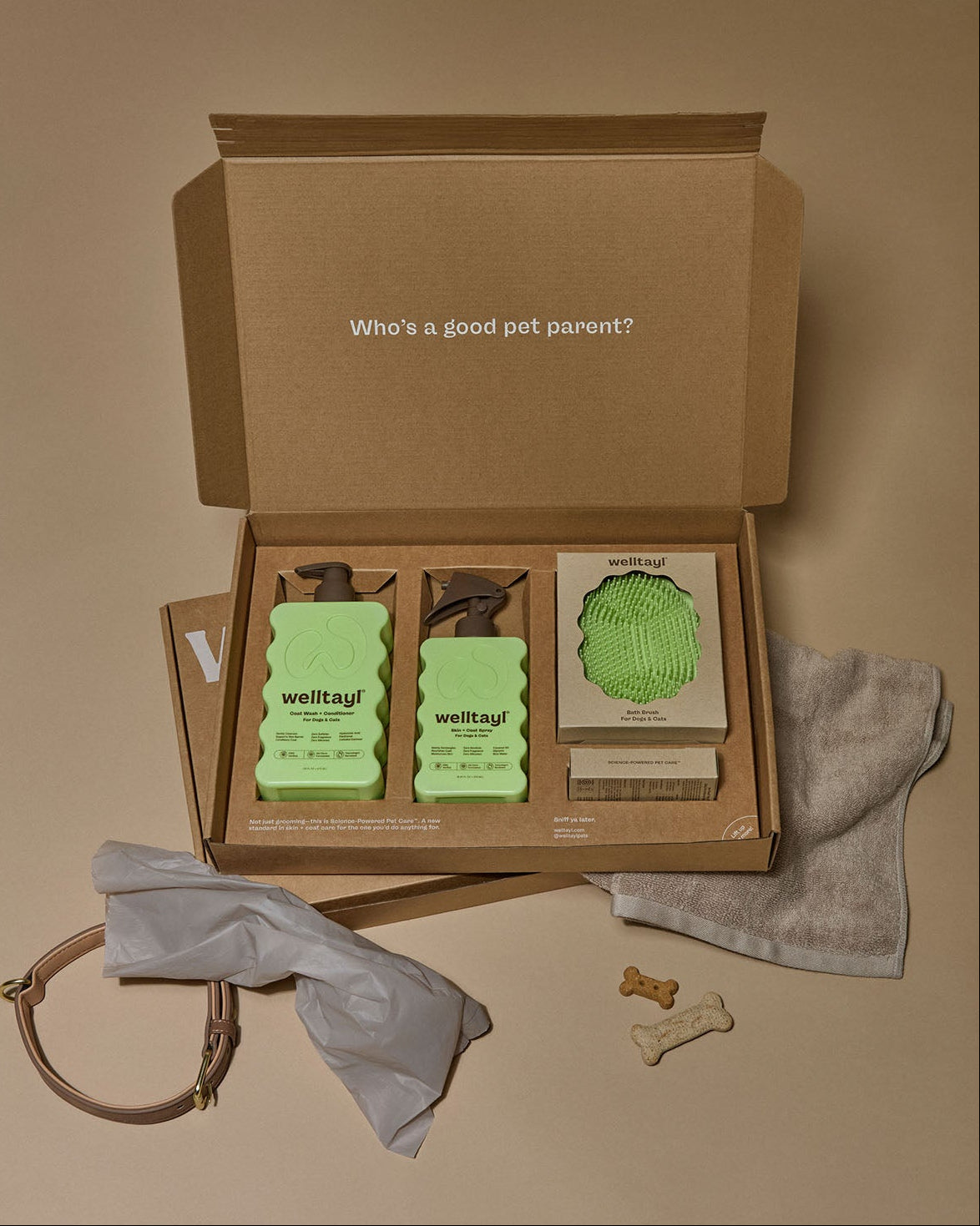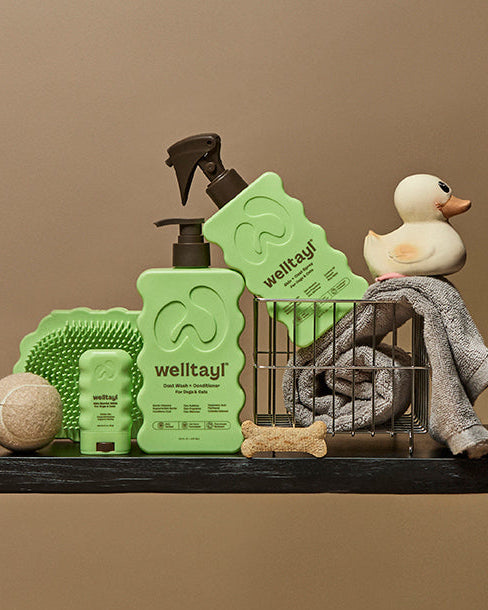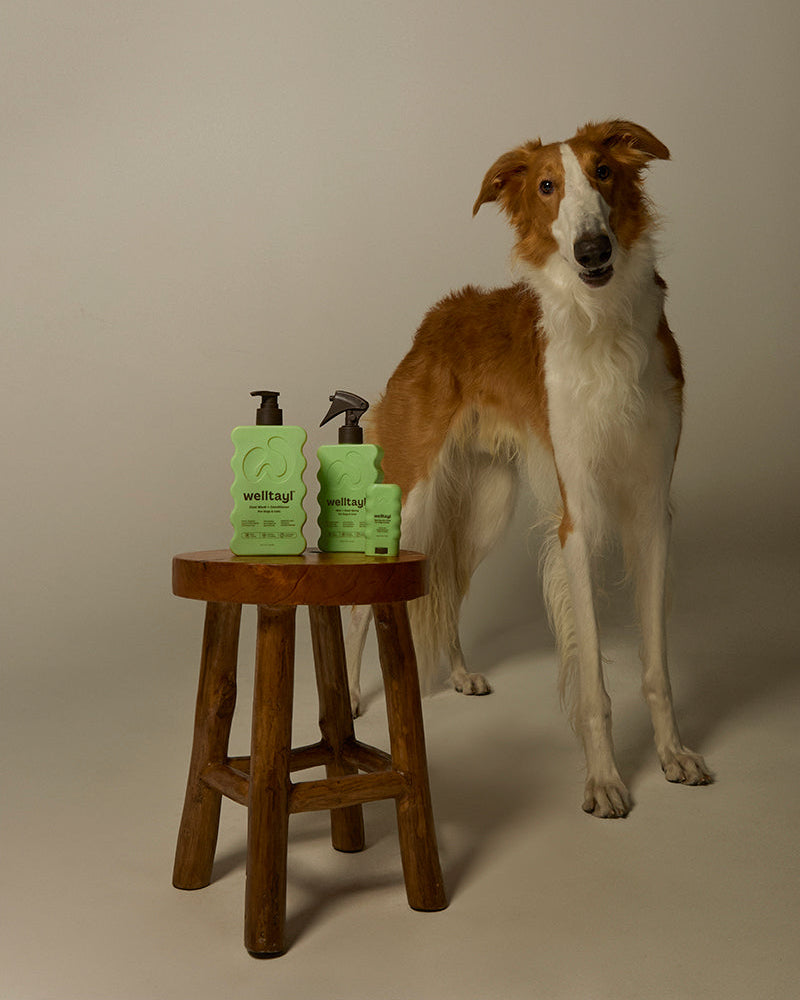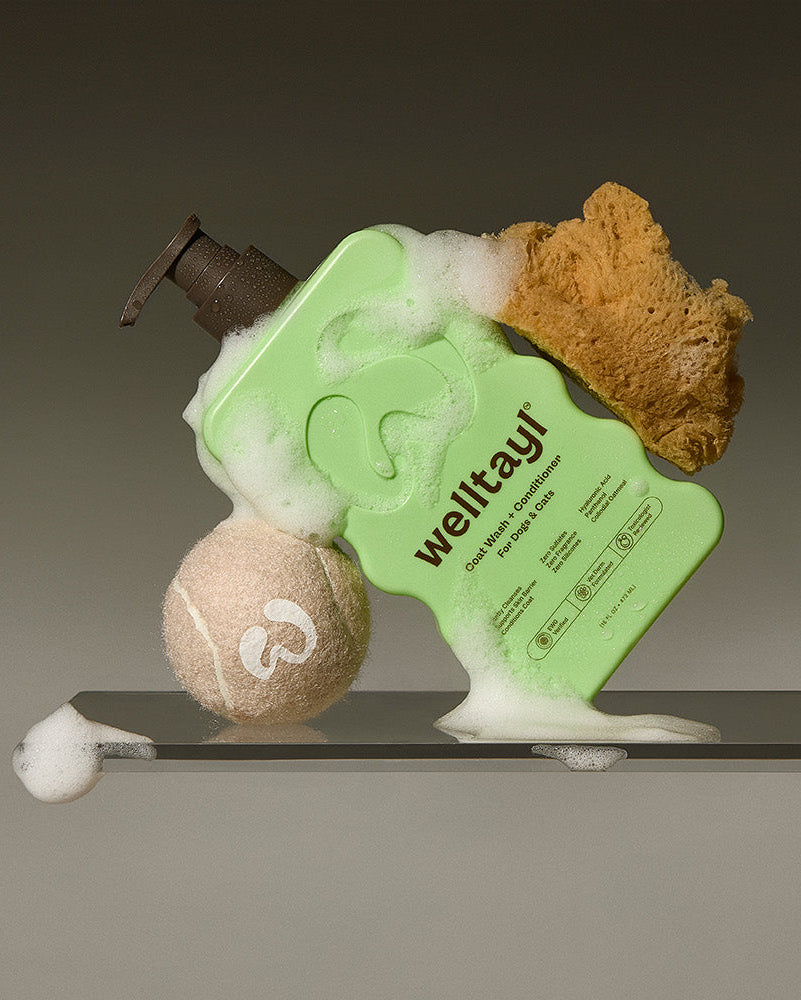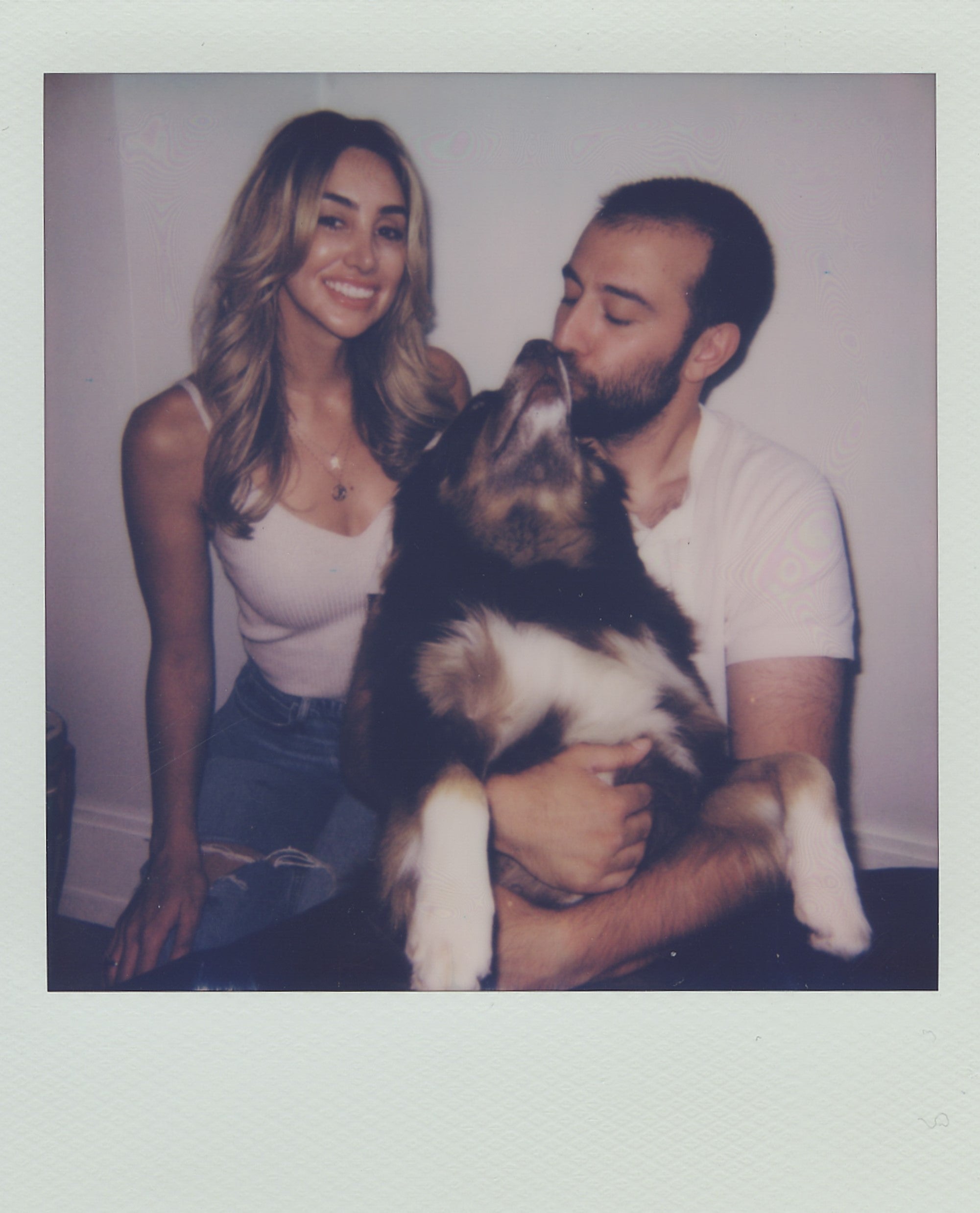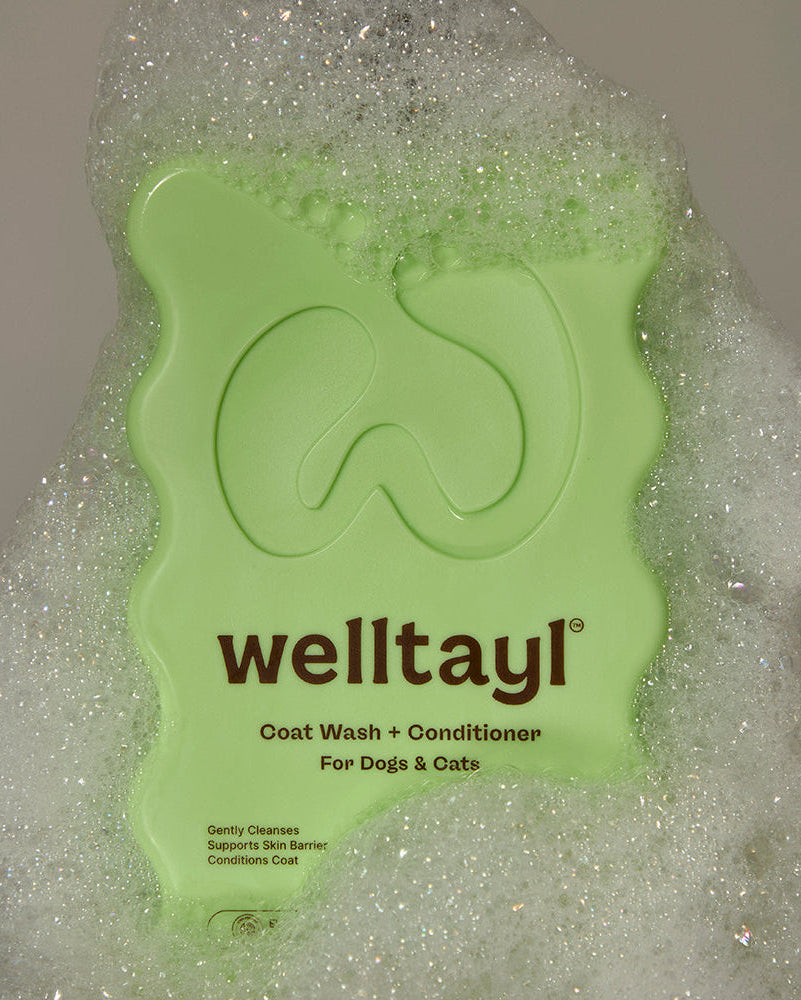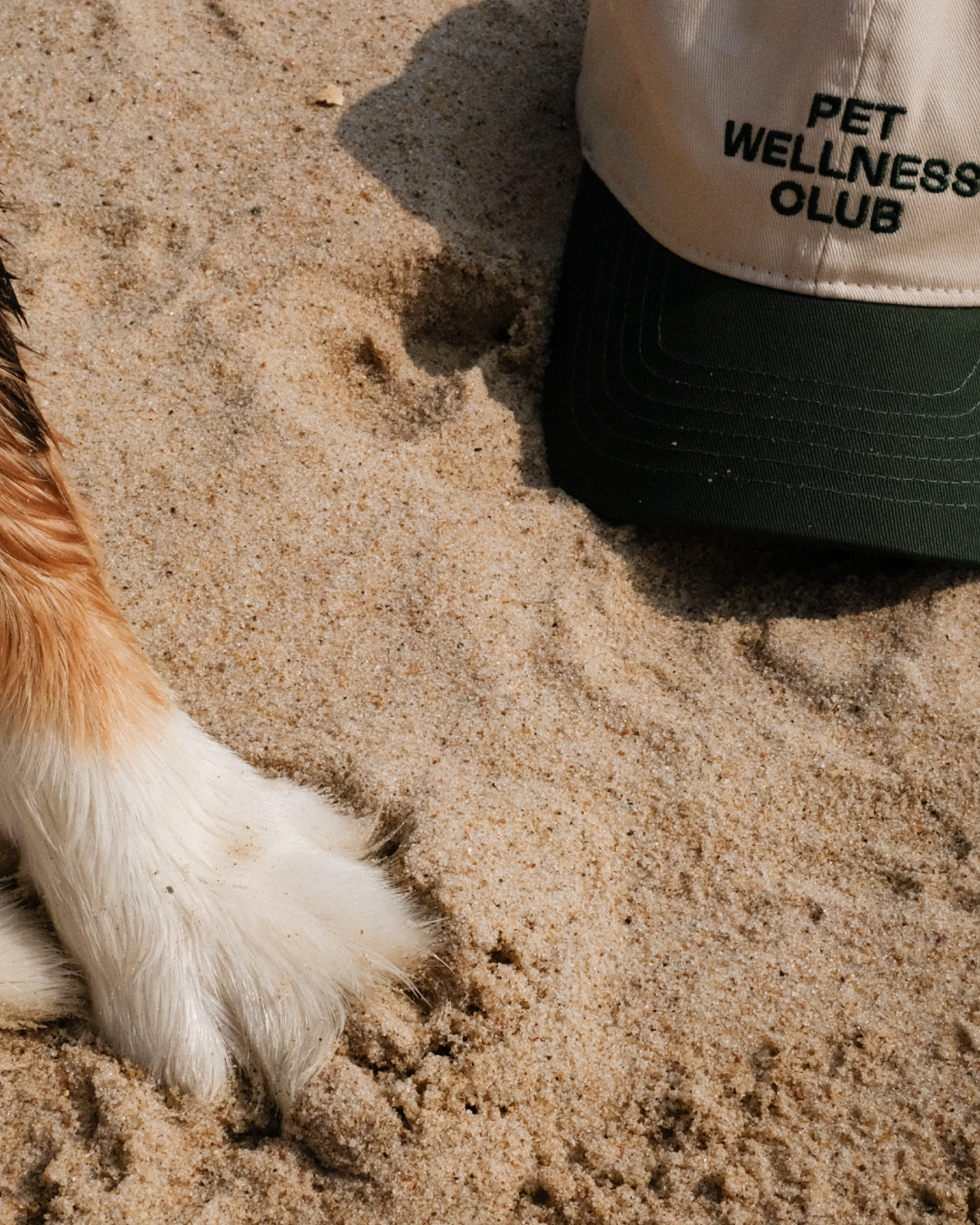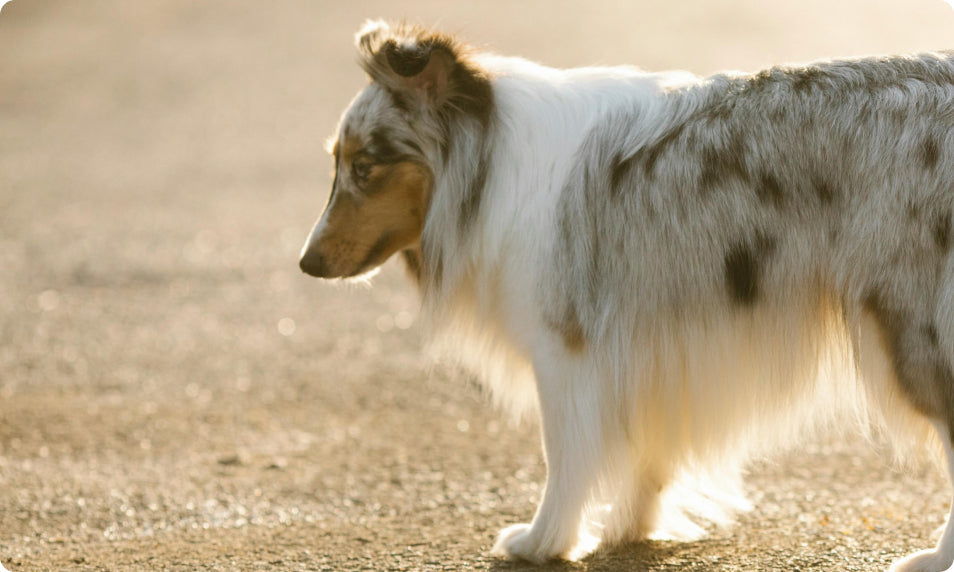There's something undeniably captivating about a shiny coat, whether it's on a horse galloping through a field or your dog or cat waiting eagerly at your feet. A glossy haircoat isn't just pleasing to the eye; it's often a good indicator of overall health. From the sheen on a horse's mane to the luster of a puppy's fur, achieving that enviable shine is a goal for many pet owners and animal lovers.
But what really goes into creating that perfect, gleaming coat? It's not just about the occasional brush or bath—though those certainly help. Nutrition, regular grooming, and even genetics play crucial roles. In this introduction, we’ll explore the basics of what makes a coat shine from the inside out, setting the stage for a deeper dive into the world of optimal animal care and grooming techniques. Join us as we uncover the secrets to turning heads with a truly radiant coat.
Table of Contents:
- Key Takeaways
- The 5 Essentials of a Shiny Coat
- Nutrition for Coat Health
- Professional Grooming Tips
- Conclusion
- Frequently Asked Questions About Shiny Coats
Key Takeaways
- 🥦 Nutrition is Key: A balanced diet rich in omega fatty acids enhances coat sheen and health. Incorporating oils like flaxseed into your pet's diet can improve the condition and appearance of their hair.
- 🛁 Proper Grooming Techniques: Regular brushing distributes natural oils and increases blood flow, improving coat luster. Using the correct brush and not over-bathing are essential for maintaining a shiny coat.
- 🧴 Use of Appropriate Products: Selecting high-quality, chemical-free shampoos helps nourish the coat. Products with natural moisturizers like oatmeal and aloe vera can further enhance coat health.
- 🏥 Regular Veterinary Care: Consult a veterinarian for sudden changes in coat or skin conditions or to tailor your pet’s diet and care regimen, ensuring optimal coat and overall health.
-
✂️ Trim and Clean Regularly: Keeping your pet's coat trimmed and clean prevents mats and maintains shine. Tailor the frequency of baths and trims to your pet’s specific needs.

The 5 Essentials of a Shiny Coat
Achieving a shiny coat for your pets is a testament to their health and your dedication to their care. Let's explore some essential steps that help maintain that lustrous shine, ensuring your pet not only looks great but feels great too!
1. Regular Cleaning
Regular cleaning plays a pivotal role in achieving and maintaining a shiny coat. It's essential to remove dirt, debris, and excess oils that can make the coat look dull. Ensuring that you use the right technique and products makes a significant difference. A mild pet shampoo tailored to your pet’s coat type, and used periodically, ensures the natural oils that protect and nourish the coat are not stripped away.
2. Trim Longer Hairs
Maintaining the ideal length of your pet’s coat contributes to its overall shine. Particularly for breeds with long hair, trimming helps prevent tangles and mats, which can trap dirt and oil. Regular trimming around the eyes, ears, and paws enhances your pet's appearance and prevents potential irritation that can cause discomfort and infection.
3. Brushing Techniques
Effective brushing goes a long way in distributing natural oils throughout the coat, which enhances its natural shine. Depending on your pet's coat type, selecting the right type of brush is crucial. For short-haired pets, a bristle brush works best, while a slicker brush is ideal for detangling longer coats. Regular brushing helps in coat maintenance and increases blood circulation, promoting healthier skin and coat.
4. Avoid Bathing Too Often
While it might seem counterintuitive, bathing your dog or cat too frequently can actually diminish the natural sheen of their coat. Over-bathing can strip away natural oils that maintain the coat’s glossy appearance. Generally, bathing once a month, or even less for some breeds, is sufficient unless your pet gets particularly dirty or has a skin condition that requires more frequent baths.
5. Invest in the Right Shampoo
Investing in high-quality shampoo specifically formulated for pets is critical. Look for products free from harsh chemicals like parabens and sulfates. Shampoos that contain natural moisturizers can help maintain the coat’s health and enhance its shine. Choosing the right shampoo keeps the coat clean and nourishes it, adding to that sought-after glossy look. And exactly for this reason, our Coat Wash + Conditioner was born. Check out our science-powered approach to healthy shampoo and conditioner for your pet.

Nutrition for Coat Health
The Role of Omega Fatty Acids
Essential fatty acids, particularly omega-3 and omega-6, play crucial roles in enhancing the shine and health of an animal's coat and skin. These fatty acids help in maintaining oil production within the skin, which not only improves the luster and elasticity of the coat but also supports the skin’s health, reducing dryness and flakiness. Ideal sources of these essential fatty acids include omega-3 and omega-6. Incorporation of these oils into an animal's diet can significantly help in achieving a shiny, healthy coat. Giving a fish oil supplement with your pet’s daily meal can make a noticeable difference in the texture and sheen of its coat. Consult with your veterinarian for an appropriate dose of fish oil for your individual pet.
Importance of a Balanced Diet
A complete and balanced diet is fundamental to the overall health of an animal, and by extension, its coat. Making sure your pet receives an AAFCO-approved diet that includes the right ratio of proteins, fats, vitamins, and minerals is key. High-quality commercial pet foods offer a balanced diet suitable for a pet’s specific age, size, and health requirements. For instance, pet foods rich in proteins help strengthen the hair, and vitamins like biotin support hair health and offer added shine to the coat. It's essential to consult a veterinarian to tailor the diet according to your pet’s unique nutritional needs, which will help in maintaining a shiny and lustrous coat.
Professional Grooming Tips
Maintaining a shiny coat for your pet isn't just about regular washing and brushing; it involves comprehensive care and, sometimes, expert advice. Below, we delve into professional grooming tips that can significantly enhance the appearance and health of your pet's coat.
When to Consult a Veterinarian
It is important to know when to consult a veterinarian to ensure that your pet's coat health is managed professionally when necessary. If you notice any sudden changes in the skin or coat's condition—such as excessive shedding, bald patches, dullness, or skin irritation—it's time to consult the vet. These symptoms could indicate underlying health issues such as allergies, parasitic infections, or nutritional deficiencies.
Veterinarians can provide tailored advice based on your pet’s specific health needs. They might suggest changes to your pet’s diet, recommend supplements rich in omega fatty acids, or prescribe medicated shampoos and skin treatments to address any issues. Regular check-ups help maintain not only the health of your pet's coat but also their overall well-being.
A veterinarian’s involvement doesn't always signify serious health issues. Regular consultations can be part of a proactive approach to ensure your pet is as healthy and vibrant as possible, with a glossy, full coat that you can be proud of.
Check out Welltayl’s Newsletter for more info on how to keep your pets in good health!
Conclusion
Achieving a shiny coat for your pet is more than just a beauty goal; it's a reflection of their overall health. Through consistent grooming, a well-balanced diet, and regular veterinary care, you can ensure your furry friend not only looks great but feels great too. Remember, each pet is unique, so it's essential to tailor these practices to fit their specific needs. By doing so, you'll help maintain their coat's luster and contribute to their long-term health and happiness. Whether you're adjusting their diet to include essential nutrients or consulting a vet for specialized care, every step you take makes a difference in their well-being.
Frequently Asked Questions About Shiny Coats
What does a shiny coat mean?
A shiny coat in pets is generally a sign of good health. It indicates that the pet is well-groomed and receiving proper nutrition, which supports healthy skin and hair.
What gives a dog a shiny coat?
The main factors that give a dog a shiny coat are:
- A balanced, protein-rich diet with essential fatty acids and vitamins
- Regular brushing to distribute natural skin oils
- Supplementing with coconut oil or omega fatty acids
- Proper grooming without over-bathing
Essentially, a shiny coat results from meeting the dog's nutritional needs and keeping their skin and coat properly conditioned through diet, grooming, and supplementation as necessary.
How can regular grooming help maintain a pet's coat health?
Regular grooming, including brushing and bathing, helps remove dirt, debris, and loose hair, preventing mats and keeping the skin clean and well-ventilated. This promotes a healthier, shinier coat.
What diet helps promote a shiny coat in pets?
A complete and balanced diet for their breed, life stage, and health status is critical. A balanced diet rich in proteins, fats, vitamins, and minerals is vital. Including sources of omega fatty acids, like flaxseed oil, fish oil, and sunflower oil, and ensuring their diet is rich in biotin can particularly promote a healthier and shinier coat.
What should I do if I notice changes in my pet's coat condition?
If changes such as increased dullness, excessive shedding, or skin irritation occur, it's essential to consult a veterinarian. They can offer professional guidance and might recommend a medical treatment or diet adjustment to resolve the issues.
Resources:
- “Effects of diet on skin health," NCBI
- “Effects of too frequent bathing on dog microbiome," NCBI
- “Impacts of Omega 3 on skin," PubMed
- “Dietary fat impact on coat shine," PubMed
Read more
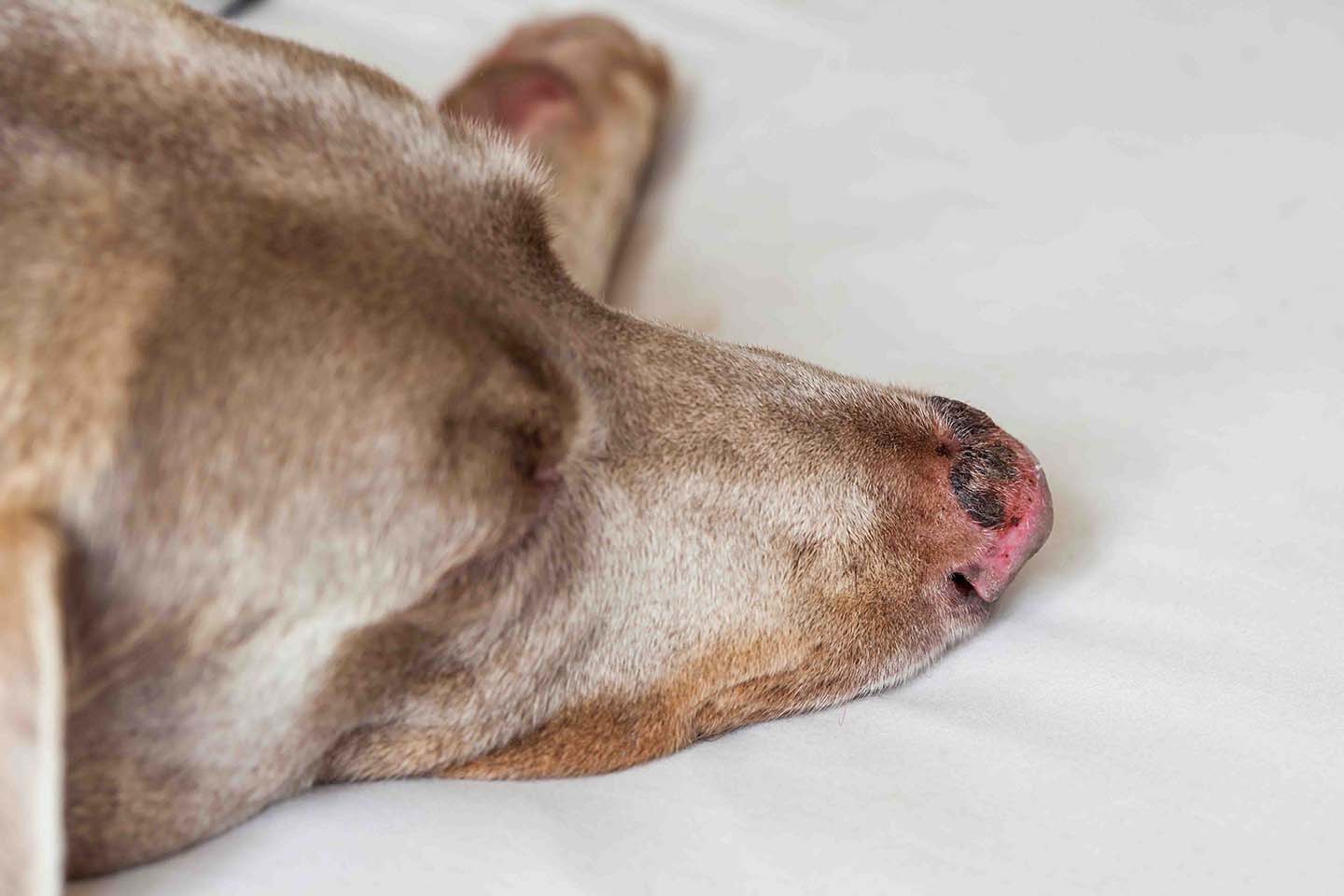
Discover how to protect your dog from harmful UV rays. Learn the signs, prevention strategies, and treatment tips for sunburn. Keep your pet safe!
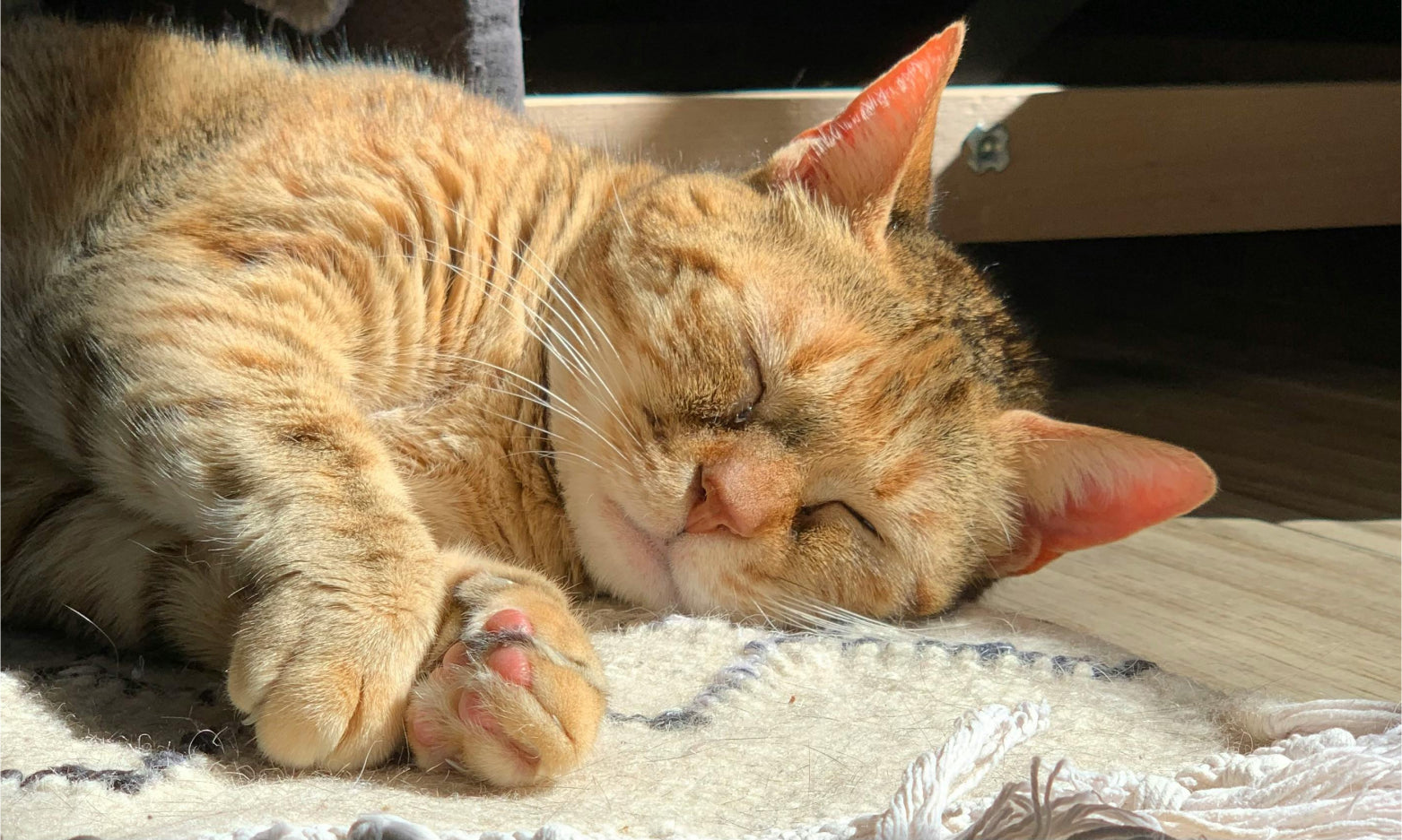
Learn why cats need sunscreen, how to protect them from harmful UV rays, and safe sunscreen application methods. Choose the best products for your cat.

